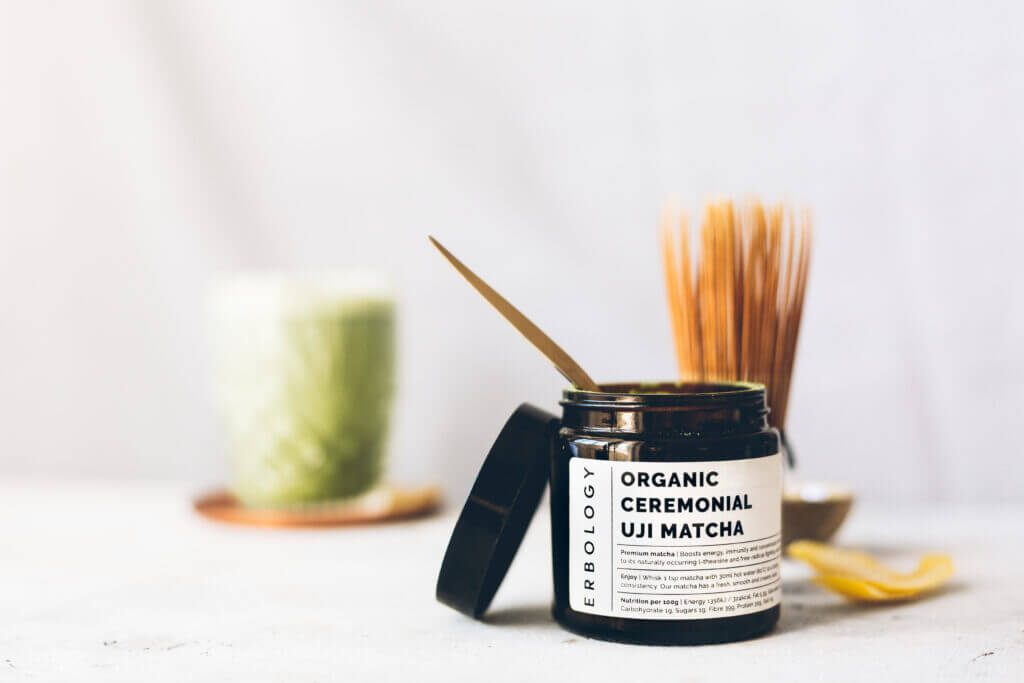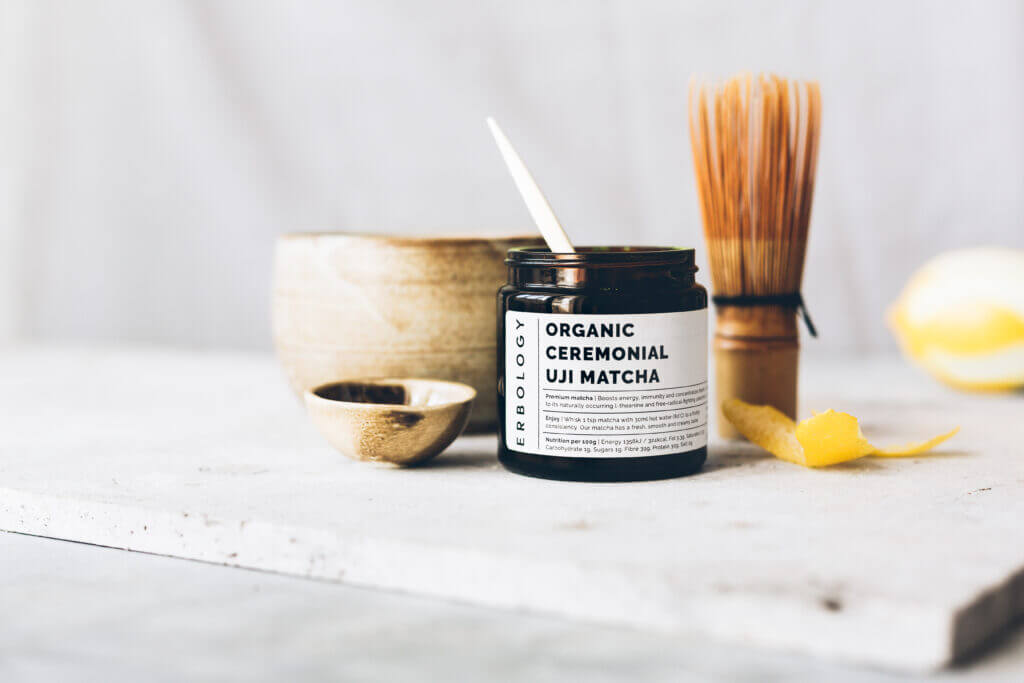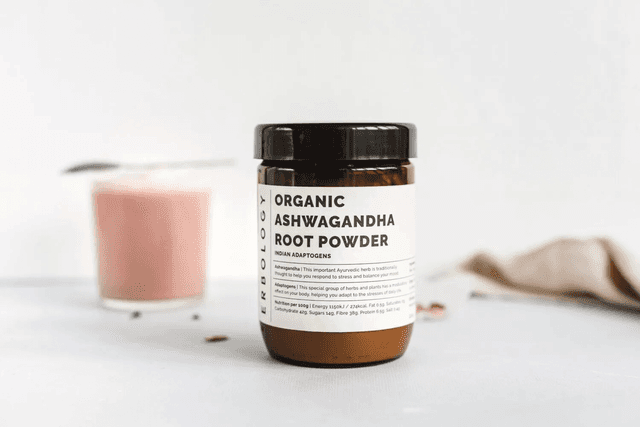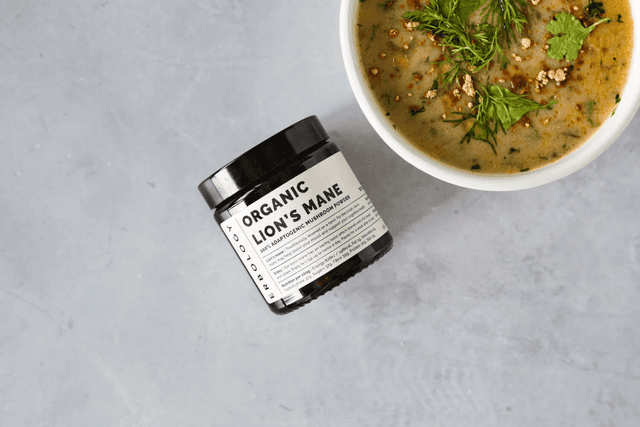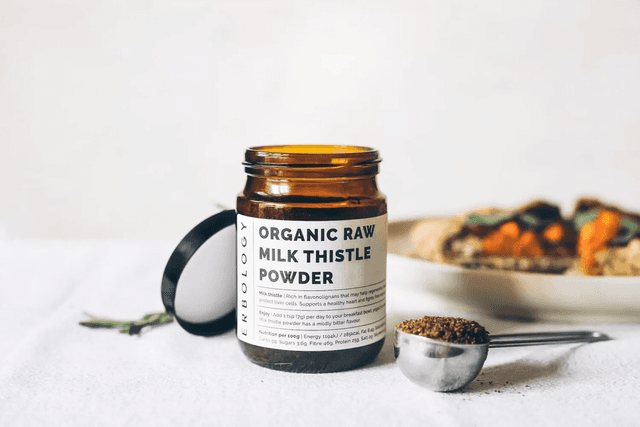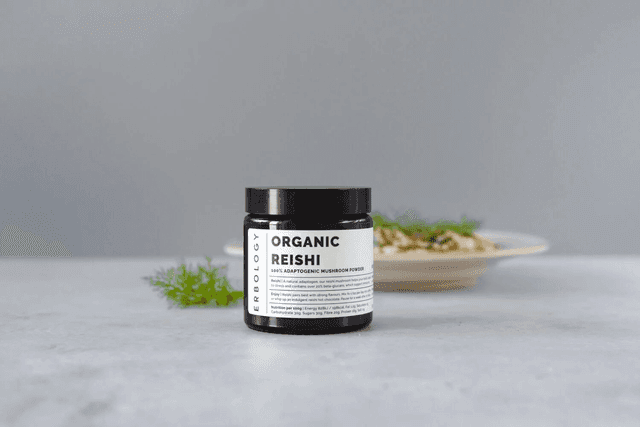05 Feb 2022
Does herbal tea have caffeine?
What is the difference between normal tea and herbal tea?
The word ‘tea’ can refer to a particular species of plant - Camelia sinensis. This plant produces leaves which can be brewed with water to create a drink.
In Britain, for example, the classic ‘builder’s brew’ is made by infusing black tea leaves with water and adding a dash of milk.
Many cultures around the world make hot drinks with other plants. Because the method of brewing in hot water is similar, they have come to be known as ‘teas’ as well - despite not actually containing the leaves of the Camelia sinensis plant.
For instance, the term ‘herbal tea’ can cover teas made with herbs, fruits, flowers, barks, and essentially any plant except actual tea leaves!
In many cases, the ingredients used to make herbal teas are caffeine-free. This makes them an excellent choice if you’re trying to stop relying on coffee to help you get up in the morning!
They’re also great for those of us who can’t consume caffeine for health reasons.
Which herbal teas do contain caffeine?
While it would be great if we could declare all herbal teas a ‘caffeine-free zone’, unfortunately it’s not quite that simple.
Some herbal teas do naturally contain caffeine.
The most popular caffeine-containing herbal teas are yerba mate and guayusa. Both of these are popular in South America but have begun to spread around the world.
Yerba mate is made with the leaves of the Ilex paraguariensis, a holly plant native to South America. It is especially popular in countries like Argentina and Paraguay. In fact, Argentinians consume 250,000 tons of Yerba mate every year, according to some estimates!(1)
Much like Camelia sinensis, the Yerba mate plant naturally contains quite a bit of caffeine. Indeed, Yerba mate contains more caffeine than black tea and only slightly less than coffee. Definitely one to avoid just before bedtime, then!
Guayusa tea, which is becoming more popular in the USA, uses leaves from another holly plant called Ilex guayusa. There is some variety in caffeine content, but generally speaking it contains about half as much a cup of coffee.
What about green and white teas?
Many people believe that green tea is a herbal tea, but this is not the case. Rather, both green and white teas are made from the Camelia sinensis plant, just like ‘normal’ black tea. However the leaves are at a different stage of development, and they are processed differently.
White teas are made with very young tea leaves, usually harvested once a year in the spring. The leaves are simply left to dry naturally. As a result, white tea is the least processed of all teas from the Camelia sinensis plant.
Green tea leaves are also harvested while very young. However, the leaves are steamed after harvesting. (Note: matcha is slightly different - check out our article about the benefits of matcha to find out more.)
Meanwhile, black tea leaves are left to oxidise before they are dried, turning the leaves from green to black. This process also changes the flavour of the tea, adding more complex notes into the final drink.
Assam, darjeeling and ceylon teas are all black teas.
Caffeine in green teas
Because the tea leaves from Camelia sinensis contain caffeine, black, white and green teas all contain it. However, white teas tend to contain the least as they are usually brewed for a shorter time.
However, green teas can have just as much - or even more - caffeine than black teas. Some types of matcha have just as much caffeine as a cup of coffee. This is because with matcha you ingest the powdered leaves in your drink, rather than steeping the whole leaves in water.
That said, green tea provides a different experience from coffee. Matcha, for example, is famous for providing a boost of energy and focus without any ‘coffee jitters’.
Scientists believe this is down to the interplay between caffeine in the tea and other nutrients such as the amino acid l-theanine. It appears that l-theanine tempers the effects of caffeine, helping you to reach a state of relaxed alertness.
So, if you don’t mind a bit of caffeine but want to avoid the energy spikes and crashes associated with coffee, you might like to give matcha a try.
Along with its benefits for focus and energy, it’s full of free-radical-fighting compounds such as EGCG and catechins.
Our Organic Ceremonial Grade Matcha powder is the highest possible level of quality. We source it sustainably from small organic farms near Kyoto.
Related reading
